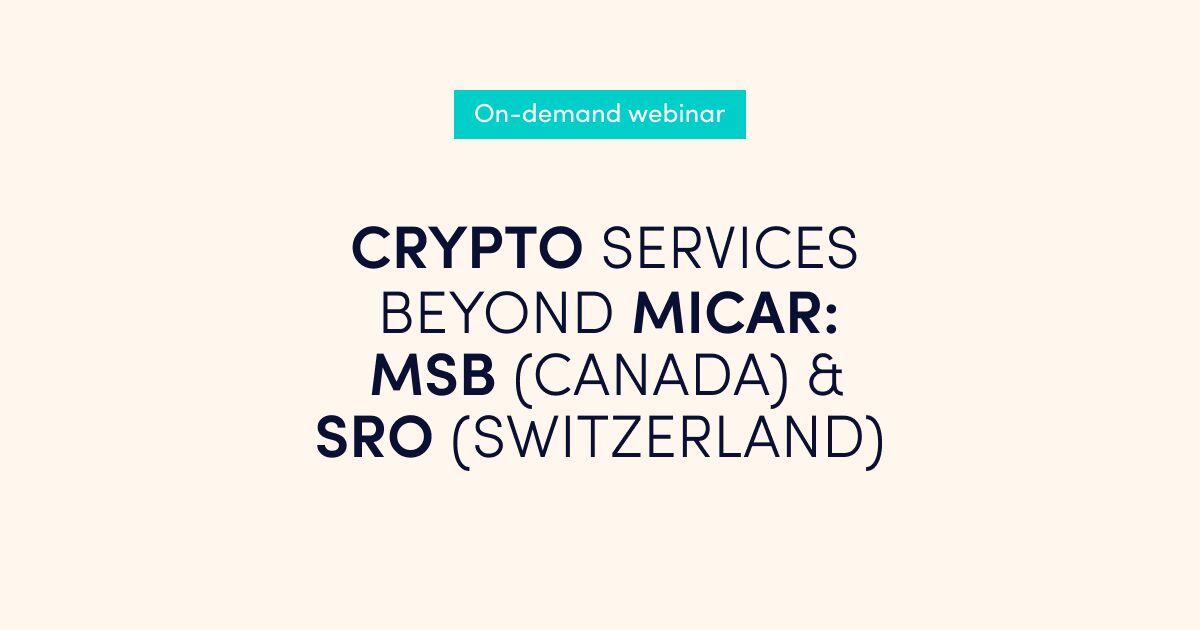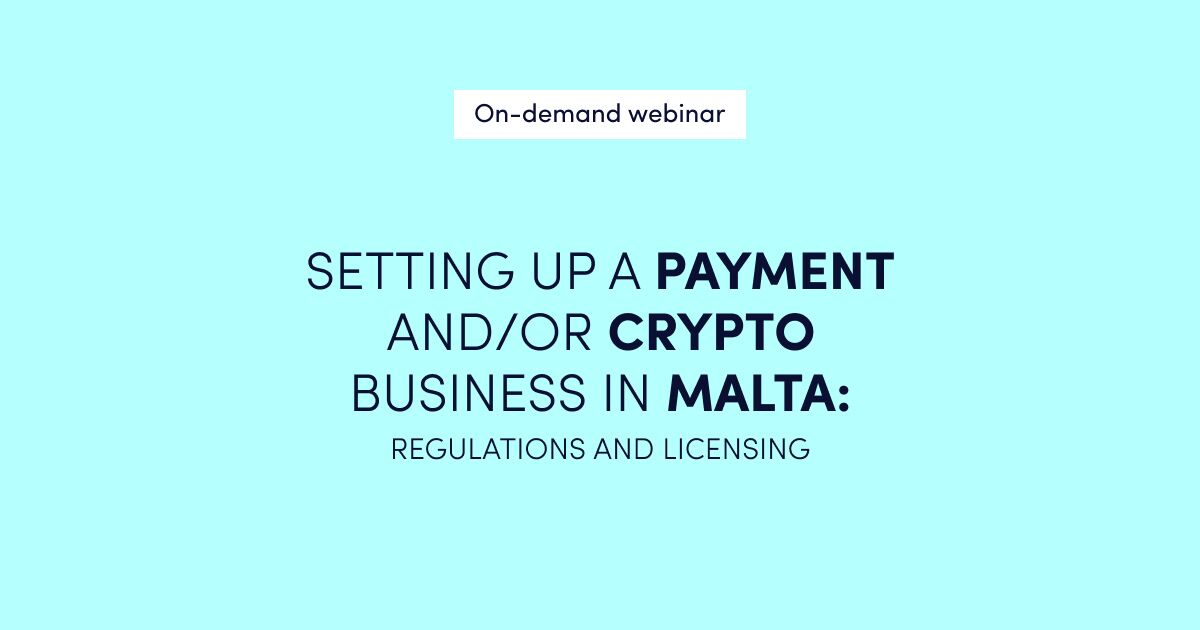
We assist in the full licensing process of obtaining an E-money or Payment Institution license in the UK
If you are looking to obtain an Authorised Payment Institution or Electronic Money (E-Money) Institution license in the UK, Advapay can offer you its legal, technical and business expertise and consulting support.
01
Application preparation, communication with the regulator, business services
Filling out an application form
Communication with regulatory authority during the application phase
Assistance in the development of a business plan
Assistance in the opening of safeguarding accounts
Company formation, staffing services
02
Preparation of legal, financial and IT documents
Legal documents – AML, KYC, IT/Security policies, etc.
Financial documentation – 3-years financial forecast, P&L statement, the flow of funds
Company operational documentation – internal policies, risk operation policies, internal audit, etc.
IT documentation
The UK`s fintech market overview:
The UK’s fintech market was recognised as a European fintech centre over the past years and it will very likely remain a front runner in the industry because of the regulatory approach that supports innovations of financial services.
The country holds the 2nd place in the Global Fintech ranking according to “The Global Fintech Index 2020”. Today, there are 401 Payment Institutions operating in the UK.
There are 52 Payment Institution and 38 E-Money Institution licenses were issued in the UK in 2020.
Brexit. The UK left the EU on 31 January 2020 with a Withdrawal Agreement. It has entered a transition period, which is due to operate until 31 December 2020. During the transition period, the EU law will continue to apply in the UK. When it comes to changes coming in force after 31 December 2020, FCA, the UK’s regulator, will inform later.
Reasons to choose the UK as your regulator
– Most of your customers reside in the UK.
– Expertise and stability of the regulator.
– Rules and processes developed during many years of working within the industry.
– Nearly half of all licenses are issued the UK.
– English – a main communication and documentation language
Main requirements
– The head office and registered office must be in the UK.
– The company’s management should reside in the UK`s office on a daily basis.
– On the day the license is obtained, the company must have a ready-to-operate IT system.
Terms
Application acknowledgement
The UK`s regulator FCA acknowledges an application within 7 business days. A case officer is then assigned to the application, to assess the information provided and make a determination.
A decision on an application
FCA makes a decision on the application within:
– 3 months of receipt (if FCA have all the information and evidence that they need), or
– 12 months (if the application is incomplete)
Fees
Registration fee
– The registration fee for an Authorised Payment institution (PI) license in the UK is GBP 1,500 or GBP 5,000. For payment institutions providing money remittance, payment initiation services and/or account information services, the licence fee is EUR 1500)
– The registration fee for an Authorised E-Money (EMI) institution license in the UK is GBP 5,000
– The registration fee for small PI or EMI licenses in the UK – GBP 500
Annual fee
After services are authorised, every year companies must pay an annual fee to FCA. An annual fee amount is defined by FCA.
Documents
1) List of payment services planning to provide.
2) Governance arrangements and internal procedures.
3) Initial capital at the level required by the regulations to start your business.
4) Documents to evident your plans for obtaining a ‘safeguarding’ account with a UK or EEA bank.
5) Information about people responsible for payment services and who will manage your company.
6) Information about people with qualifying holdings in your firm (representing 10% or more of the capital or voting rights).
7) List of any agents acting on your behalf (if relevant).
8) Procedure for incident reporting, managing sensitive payment data, business continuity arrangements, principles and definitions used when collecting statistical data.
8) Security policy.
9) Information about the control mechanisms to meet your obligations under the Money Laundering Terrorist Financing and Transfer of Funds (Information on the Payer) Regulations 2017.
Jurisdictions
we cover
We have a strong focus on fintech businesses like digital banks, e-wallets, fiat-crypto wallets, e-commerce banking and remittance.



















